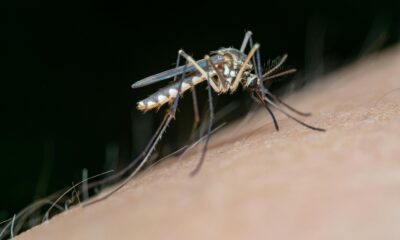Uncategorized
Flow TCI announces Fibre to the Home upgrade for customers in South Caicos

Uncategorized
RTCIPF Observes World Down Syndrome Day
Uncategorized
CARICOM speaks out on Climate Change, looking to May meeting to amplify call for Climate Funding
TCI News
South Caicos Development Plans shared with Washington-Misick led Administration
-

 Caribbean News1 week ago
Caribbean News1 week agoBarbados welcomes new aircraft
-

 News19 hours ago
News19 hours agoDR man rented Jet Ski nine days ago in Providenciales; where is he now?
-

 Caribbean News1 week ago
Caribbean News1 week agoHaiti political update and Trinidad and Tobago not sending troops for mission
-

 Health1 week ago
Health1 week agoDengue passes 1000 deaths mark in Brazil
-

 Health1 week ago
Health1 week agoTURKS AND CAICOS ISLANDS PARTICIPATED IN EIGHTH MEETING OF NATIONAL HIV/AIDS PROGRAMME MANAGERS AND PANCAP SHARE FAIR
-

 Caribbean News3 days ago
Caribbean News3 days agoCARICOM, UN applauds published decree establishing Haiti’s Transitional Government
-

 Caribbean News6 days ago
Caribbean News6 days agoHaiti Gang Firearms more than Police – UN says where they come from.
-

 Health1 week ago
Health1 week agoChildren and Teens Vaping, Royal TCI Police say “IT IS NOT SAFE!”



















